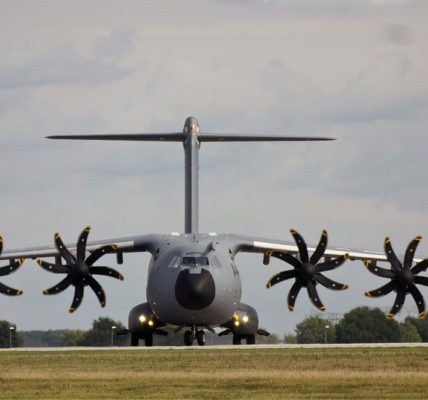Meeting of the OSCE Ministerial Council in Malta – protests and tensions
Meeting of the OSCE Ministerial Council in Malta – protests and tensions against the presence of the head of the Russian Foreign Ministry, Sergei Lavrov Lavrov. Sergey Lavrov attended a meeting held in a European Union country for the first time since Russia’s full-scale invasion of Ukraine began in 2022. Upon entering the session, he avoided answering questions, including one about his readiness for peace talks, and did not stop to speak with journalists. The OSCE, comprising 57 member states, continues to be the most comprehensive forum for addressing security issues in Europe.
Meeting of the OSCE – Speeches and declarations
One of the first ministers to express strong opposition to Lavrov’s presence was Jan Lipavský from the Czech Republic. The Czech foreign minister announced that he would leave the room during Lavrov’s speech to avoid listening to what he described as “poisoned lies.”
Polish Minister Sikorski also took a firm stance, stating before the meeting: “I will not sit at the same table as Mr. Lavrov.” The Polish minister clearly stated his position, declaring that Lavrov had come to spread lies about Russia’s invasion and actions in Ukraine, adding that he would not listen to them. Together with several delegations from other countries, he left the hall of the Malta Fairs and Conventions Centre in Ta’ Qali, near Mdina.
United States reaction
Antony Blinken, the U.S. Secretary of State, remained in the hall. When it was his turn to speak, Lavrov left the room, which Blinken commented on, saying: “I regret that our colleague, Mr. Lavrov, left and did not find it courteous to listen to me, as we listened to him.” The U.S. Secretary of State sharply criticized the Russian minister, stating that “our Russian colleague is highly skilled at drowning his audience in a tsunami of disinformation.” Blinken urged the ministers present not to be misled by Lavrov and his allies, who attempt to frame Russia’s war against Ukraine as an issue of Russia’s security. “This is Putin’s imperial project aimed at erasing Ukraine from the map of the world,” he warned.
Blinken also addressed Lavrov’s accusations that the U.S. and the West were escalating the conflict. “One of our colleagues spoke about escalation, and he is absolutely right. Let’s talk about escalation – about the involvement of North Korean forces alongside Russia in Ukraine,” the U.S. diplomat emphasized.
During the meeting, Lavrov reportedly held talks with Hungarian Foreign Minister Péter Szijjártó and Slovak Foreign Minister Juraj Blanár.
Ukraine was represented at the Ministerial Council session by Foreign Minister Andriy Sybiha, who stated that Russia’s presence in the OSCE poses a threat to collective security. He described Lavrov as a “war criminal” and also left the room when the Russian minister was speaking.
German declarations on peace in Europe
Annalena Baerbock, Germany’s Foreign Minister, emphasized: “Today, the only topic is peace in Europe. Just as Putin uses bombs and drones to attack peace, Russia is targeting the OSCE.” She expressed confidence that the organization remains one of the most important institutions for maintaining peace, freedom, and security in Europe. “Russia is trying to destabilize our societies through lies and fake news. We must firmly oppose this war propaganda,” she urged.
Meanwhile, Polish Minister Sikorski, during a press conference at the Polish Embassy in Malta, declared: “As long as Russia continues this brutal war, its membership in the OSCE should be suspended.”
According to official information, there is no scheduled meeting between Blinken and Lavrov.
Meeting of OSCE – What is OSCE?
OSCE is an organization established as one of the UN agencies and although it is intended to be an organization of European countries, its members also include the USA, Canada and Asian countries.













